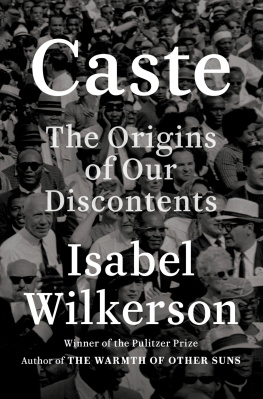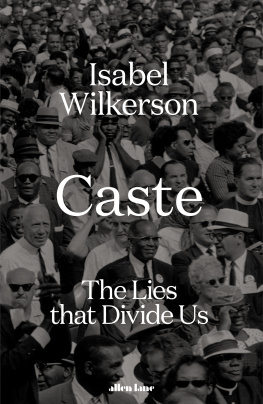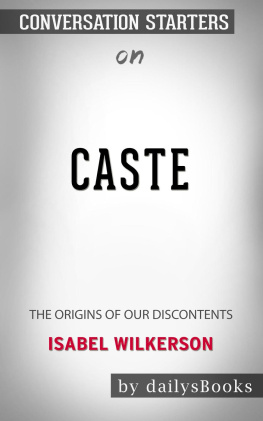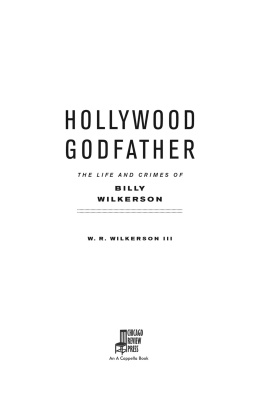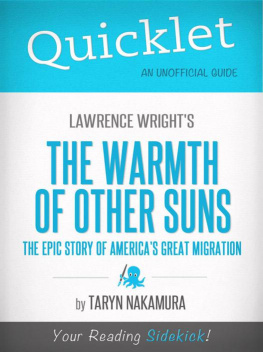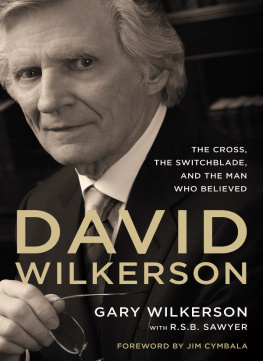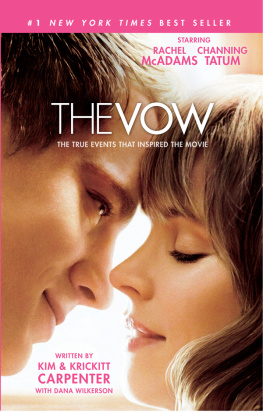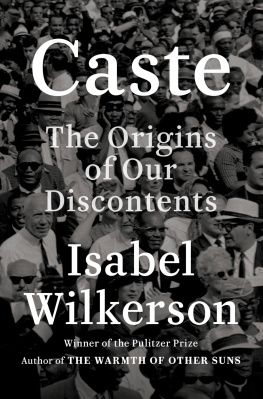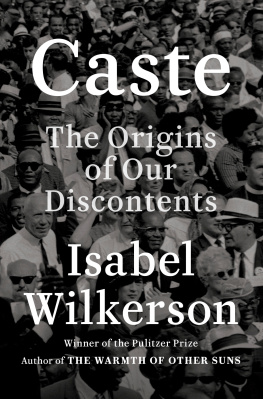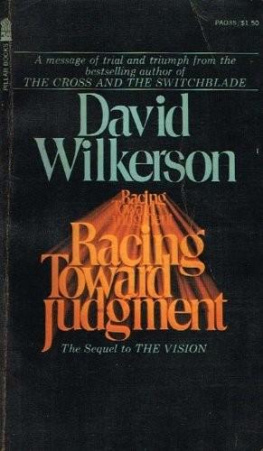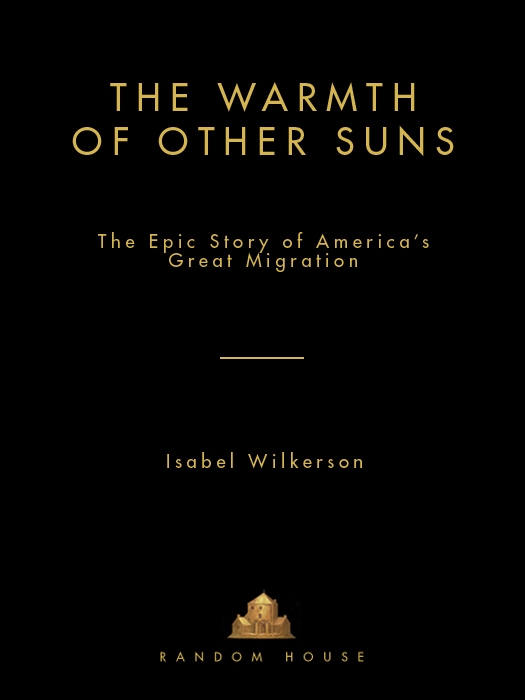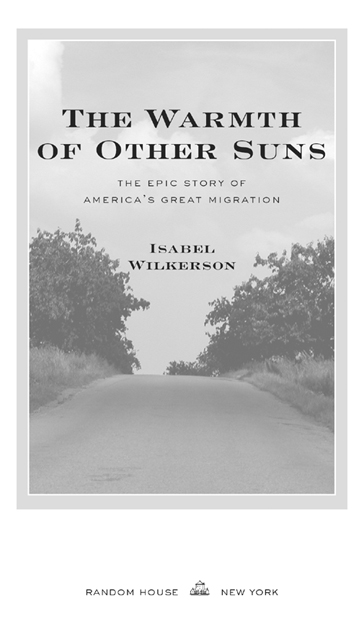Wilkerson - The Warmth of Other Suns: The Epic Story of Americas Great Migration
Here you can read online Wilkerson - The Warmth of Other Suns: The Epic Story of Americas Great Migration full text of the book (entire story) in english for free. Download pdf and epub, get meaning, cover and reviews about this ebook. City: New York, year: 2014;2010, publisher: RANDOM HOUSE-UK;Vintage Books, genre: Non-fiction. Description of the work, (preface) as well as reviews are available. Best literature library LitArk.com created for fans of good reading and offers a wide selection of genres:
Romance novel
Science fiction
Adventure
Detective
Science
History
Home and family
Prose
Art
Politics
Computer
Non-fiction
Religion
Business
Children
Humor
Choose a favorite category and find really read worthwhile books. Enjoy immersion in the world of imagination, feel the emotions of the characters or learn something new for yourself, make an fascinating discovery.

- Book:The Warmth of Other Suns: The Epic Story of Americas Great Migration
- Author:
- Publisher:RANDOM HOUSE-UK;Vintage Books
- Genre:
- Year:2014;2010
- City:New York
- Rating:5 / 5
- Favourites:Add to favourites
- Your mark:
The Warmth of Other Suns: The Epic Story of Americas Great Migration: summary, description and annotation
We offer to read an annotation, description, summary or preface (depends on what the author of the book "The Warmth of Other Suns: The Epic Story of Americas Great Migration" wrote himself). If you haven't found the necessary information about the book — write in the comments, we will try to find it.
EDITORIAL REVIEW:
In this epic, beautifully written masterwork, Pulitzer Prizewinning author Isabel Wilkerson chronicles one of the great untold stories of American history: the decades-long migration of black citizens who fled the South for northern and western cities, in search of a better life. From 1915 to 1970, this exodus of almost six million people changed the face of America. Wilkerson compares this epic migration to the migrations of other peoples in history. She interviewed more than a thousand people, and gained access to new data and official records, to write this definitive and vividly dramatic account of how these American journeys unfolded, altering our cities, our country, and ourselves. With stunning historical detail, Wilkerson tells this story through the lives of three unique individuals: Ida Mae Gladney, who in 1937 left sharecropping and prejudice in Mississippi for Chicago, where she achieved quiet blue-collar success and, in old age, voted for Barack Obama when he ran for an Illinois Senate seat; sharp and quick-tempered George Starling, who in 1945 fled Florida for Harlem, where he endangered his job fighting for civil rights, saw his family fall, and finally found peace in God; and Robert Foster, who left Louisiana in 1953 to pursue a medical career, the personal physician to Ray Charles as part of a glitteringly successful medical career, which allowed him to purchase a grand home where he often threw exuberant parties.Wilkerson brilliantly captures their first treacherous and exhausting cross-country trips by car and train and their new lives in colonies that grew into ghettos, as well as how they changed these cities with southern food, faith, and culture and improved them with discipline, drive, and hard work. Both a riveting microcosm and a major assessment, **The Warmth of Other Suns** is a bold, remarkable, and riveting work, a superb account of an unrecognized immigration within our own land. Through the breadth of its narrative, the beauty of the writing, the depth of its research, and the fullness of the people and lives portrayed herein, this book is destined to become a classic.
Wilkerson: author's other books
Who wrote The Warmth of Other Suns: The Epic Story of Americas Great Migration? Find out the surname, the name of the author of the book and a list of all author's works by series.

